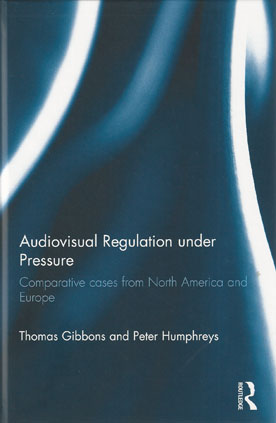
In the face of globalization and new media technologies, can policy makers and regulators withstand deregulatory pressures on the 'cultural policy toolkit' for television?
This comparative study provides an interdisciplinary investigation of trends in audiovisual regulation, with the focus on television and new media. It considers pressures for deregulation and for policy in this field to prioritise market development and economic goals rather than traditional cultural and democratic objectives, notably public service content, the promotion of national and local culture, media pluralism and diversity.
The book explores regulatory policy in the United States, Canada, the United Kingdom and Europe. The book focuses on a range of instruments designed for promoting pluralism and cultural diversity, particularly the role of public service broadcasting and the range of measures available for promoting cultural policy goals, such as subsidies, scheduling and investment quotas, as well as (particularly national) media ownership rules.
The book draws on findings of two research projects funded by the UK Economic and Social Research Council and is written in an accessible style by leading scholars of media law and policy, who bring to bear insights from their respective disciplines of law and political science.